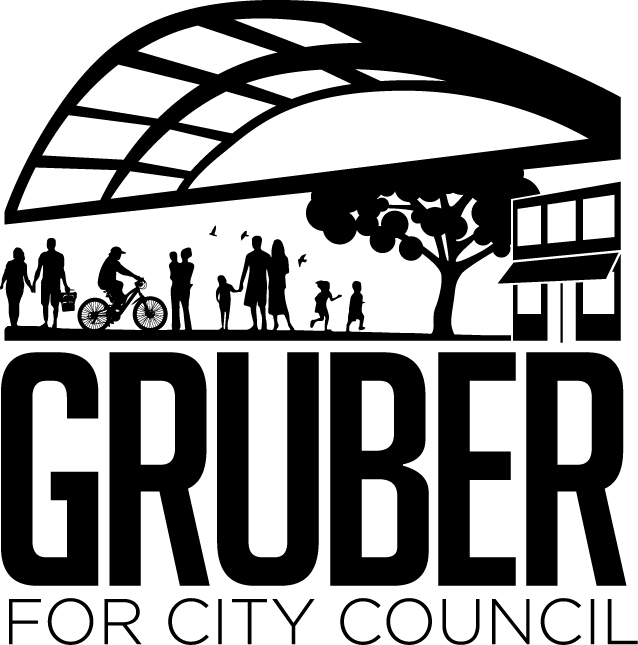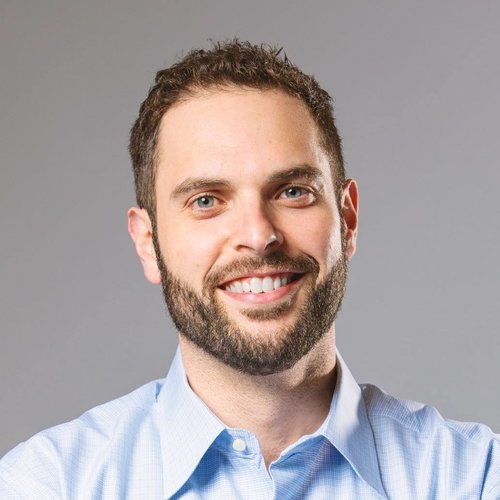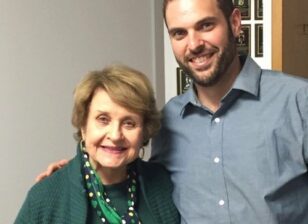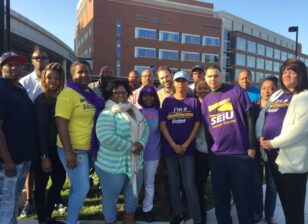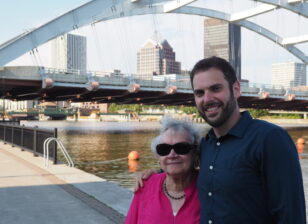Building a Healthy City
I am running for Rochester City Council because I want to build a healthier city where everyone has the opportunity to thrive. I have been working towards this goal for 9 years at Foodlink, and I studied this concept for 8 years while completing my PhD at the University of Rochester.
If you are interested in building a healthier Rochester with me, then please consider contributing to my campaign, or signing up to volunteer. Most importantly, don’t forget to RSVP to my Campaign Kickoff and Fundraiser!
To learn more about my campaign, please take a look at my editorial (below) that was printed by the Democrat & Chronicle on Saturday March 4.
Thanks for your support!

A jarring study released last week by the Finger Lakes Health Systems Agency showed the impact of neighborhood and geography on life expectancy. The “Monroe County Health Profile, 2017” revealed that a baby born today in Pittsford can expect to live up to nine years longer than a child who grows up in the 14608 zip code, where I live. This is a troubling reality, especially as my wife and I think about starting a family.
A child’s life expectancy and opportunity to thrive should not be dictated by his or her neighborhood, over which they have no control. And yet the fact is, zip code is a better predictor of health than genetic code.
Most debates about healthcare overlook the role local government can play in addressing the social determinants of health, but municipalities can and should foster healthy environments for all residents. Indeed, municipalities once treated food distribution as a public utility, as I discovered in the course of my PhD research at the University of Rochester. Civic leaders in Rochester understood that equitable access to food served the public good, which led to the establishment of the Rochester Public Market in 1905.
The City of Rochester must prioritize public health as it develops a comprehensive plan to combat poverty and energize economic development. A strong local government, in collaboration with the private sector and non-profit organizations, can help improve health outcomes so everyone can thrive. Recent initiatives have worked in other cities, such as Chicago Health 2.0 and the Baltimore Food Policy Initiative, both of which analyze health and food access disparities and address them with innovative, collaborative programming.
Here in Rochester we already have key programs and initiatives doing important public health work, like Conkey Cruisers, HealthiKids, and Foodlink’s Curbside Market, among others. But more can be done. City government can leverage public dollars to coordinate and amplify the efforts of individual programs and strong local institutions such as Jordan Health, Trillium Health, our YMCAs, and city recreation centers.
A healthy citizenry is no less vital to the future of our city than a thriving downtown. A healthy city can help improve graduation rates in our schools, revitalize neighborhoods, and spur economic development. Our city leaders have a moral obligation to work to eradicate health disparities that divide Pittsford and 14608. As a new generation of pragmatic leaders rise, we must dedicate our local government to making Rochester a healthy city, where one’s zip code no longer determines the length—or quality—of one’s life.
Mitch Gruber, chief program officer at Foodlink, resides in Rochester. He holds a PhD from the University of Rochester, and is running for an At-Large seat on Rochester City Council in 2017.
